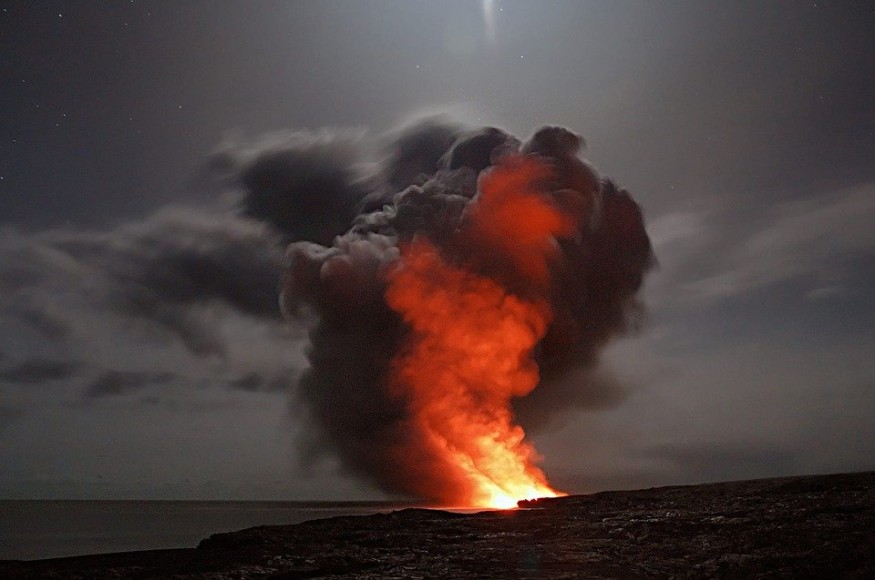
After a disaster strikes, people will try to rebuild their homes and replace personal possessions consumed by fires and floods. The emotional and psychological impact will need an indefinite time to overcome.
In massive evacuations of children and families, children need more attention or support services in the aftermath of natural disasters.
Disasters and mental health could be associated to a large extent; individuals and communities experience mental instability which might precipitate Post Traumatic Stress Disorder (PTSD), Anxiety and Depression in the population.
According to Judith Fox, associate professor and director of the International Disaster Psychology Program in the Graduate School of Professional Psychology, the loss of security in a home through natural disasters has a very significant effect psychologically. The subsequent issues and tasks involving rebuilding are also stressors.
Disasters can cause a full range of mental and physical reactions that occur after the event, as well as to triggers or reminders of the trauma.
The amount of exposure to the disaster is directly related to the risk of future mental problems. Those that go through the disaster themselves and next are those in close contact with victims are at the highest risk. The stress of such loss also rests on the shoulders of relatives affected who may also experience trauma, due to the level of concern they have for their relatives.
The immediate reaction is often a combination of shock and denial. It becomes challenging to take the necessary steps to begin picking up the pieces -- calling insurance, assessing what property was lost, and finding temporary housing.
Even after the torrential rains end, or the flood recedes, or the fire burns out, the negative feelings linger. Catastrophic weather events are predicted to more frequent with rising global temperatures, putting more people at risk for mental health problems.
Individuals directly impacted by natural disasters may be feeling a strong sense of grief, panic, loss, fear, and sadness with difficulties with sleeping, anger, irritability, and guilt.
The majority of individuals who survive natural disasters are wont to recover without major mental health disturbances, even if they endured spikes in symptoms during or immediately following the disaster.
Mental health issues, in general, have been considered as a neglected subject as it is a stigmatized problem. Mental health issues in the aftermath of disasters are even more neglected areas.
Injury and life threats from disasters are the factors that lead most often to mental health problems. At least half of survivors from these phenomena suffer from distress or mental health problems that need clinical care.
Rebuilding creates even greater stress according to how successfully others assisting in the emergency response are present and reliable in assisting.
Shock tends to be a precursor to much stronger feelings, which can hit days, weeks, or months after a disaster strikes.
People who have survived natural disasters may experience nightmares, anxiety, extreme concerns about storm safety, or obsessive preparation to avoid the next disaster.
Such events can activate the body's "fight or flight" response, unleashing adrenaline and stress hormones like cortisol. People exposed to a natural disaster will experience some of these immediate biological and psychological effects.
RELATED ARTICLE: Taal Volcano Remains Restless on its 2nd Week
© 2025 NatureWorldNews.com All rights reserved. Do not reproduce without permission.





